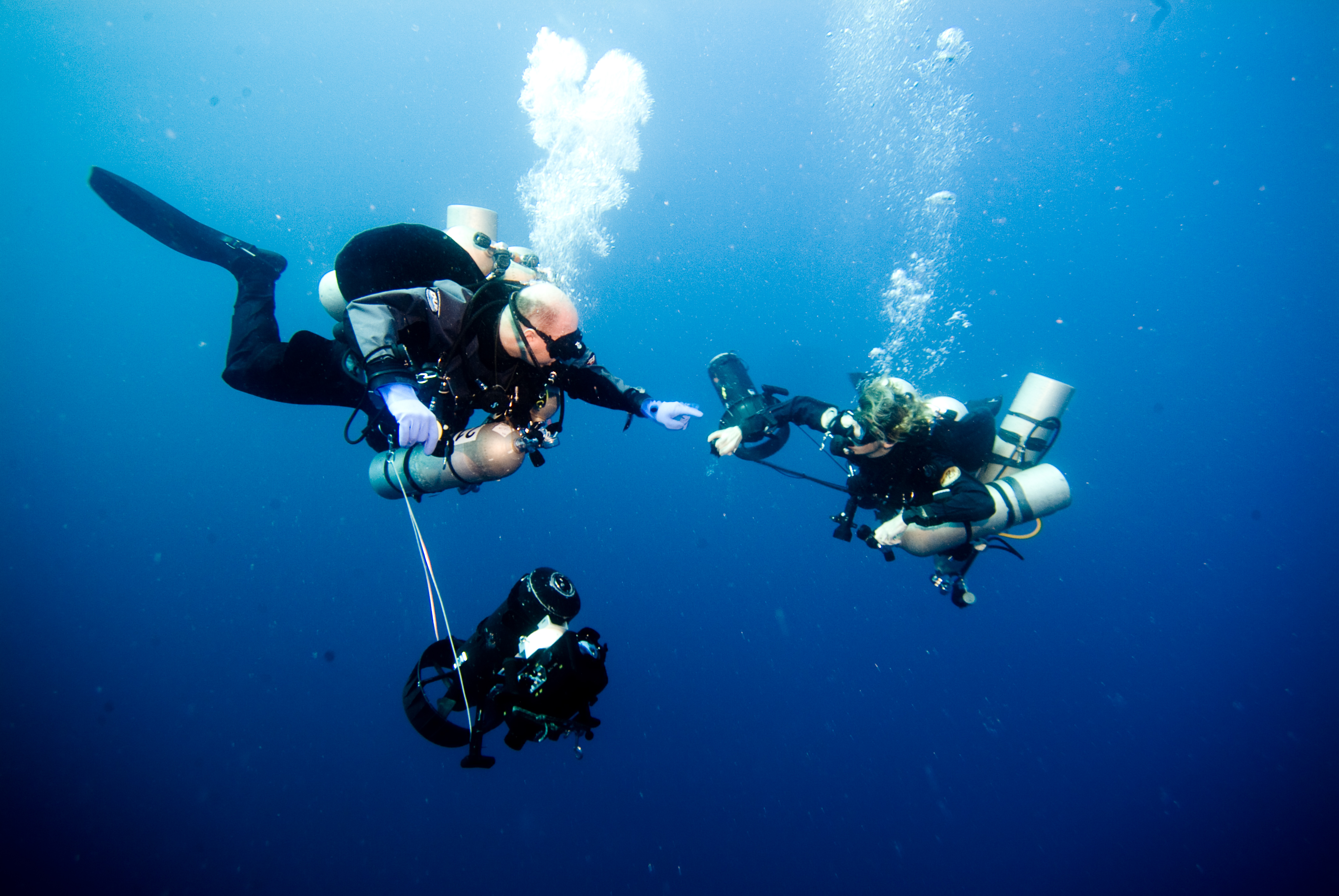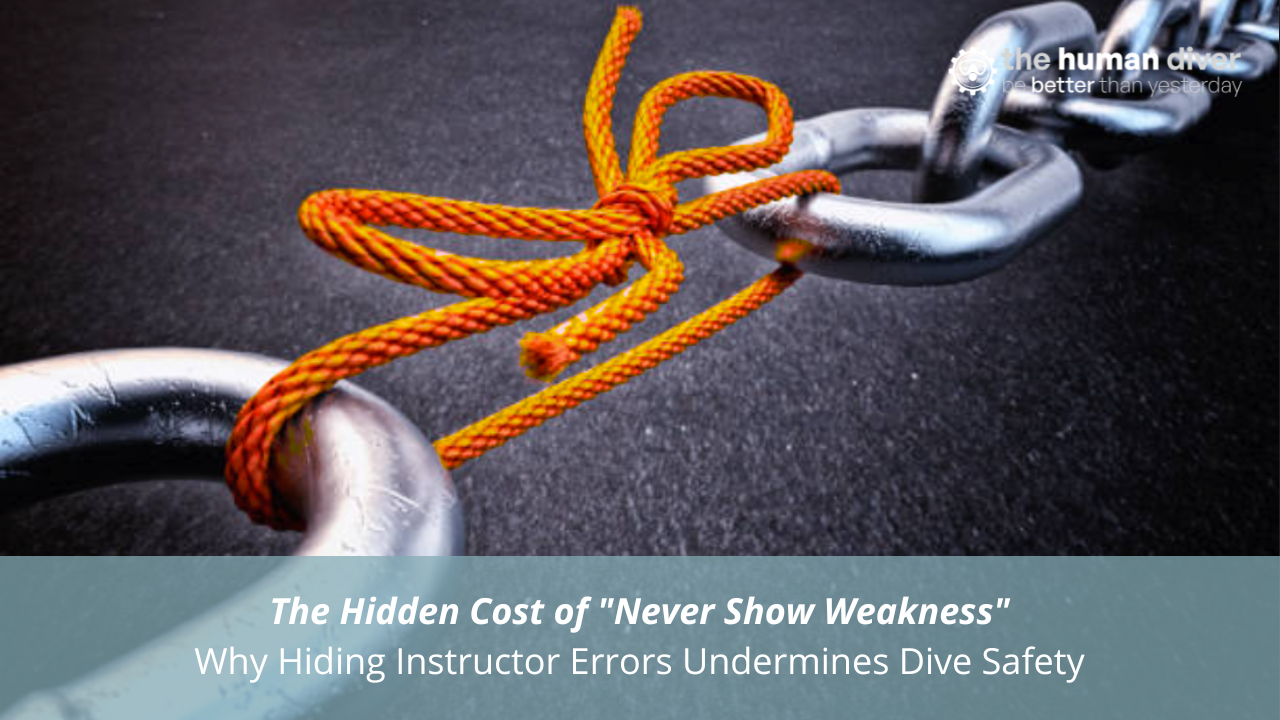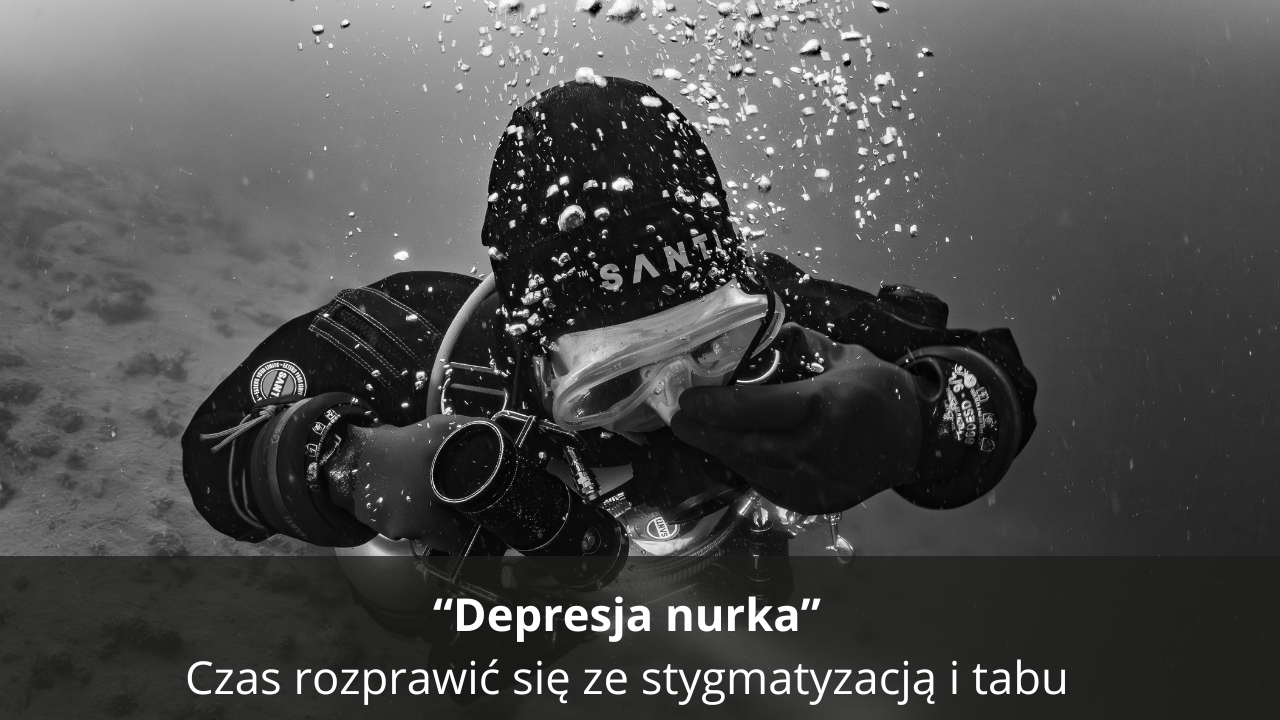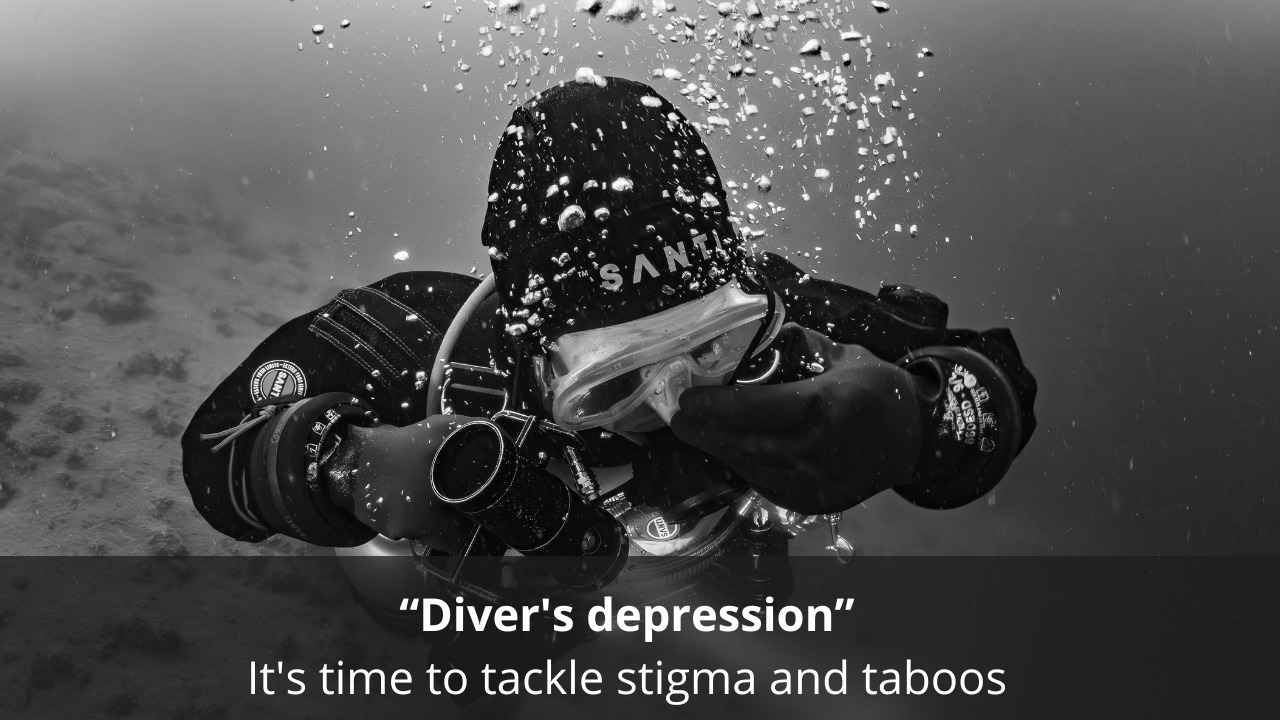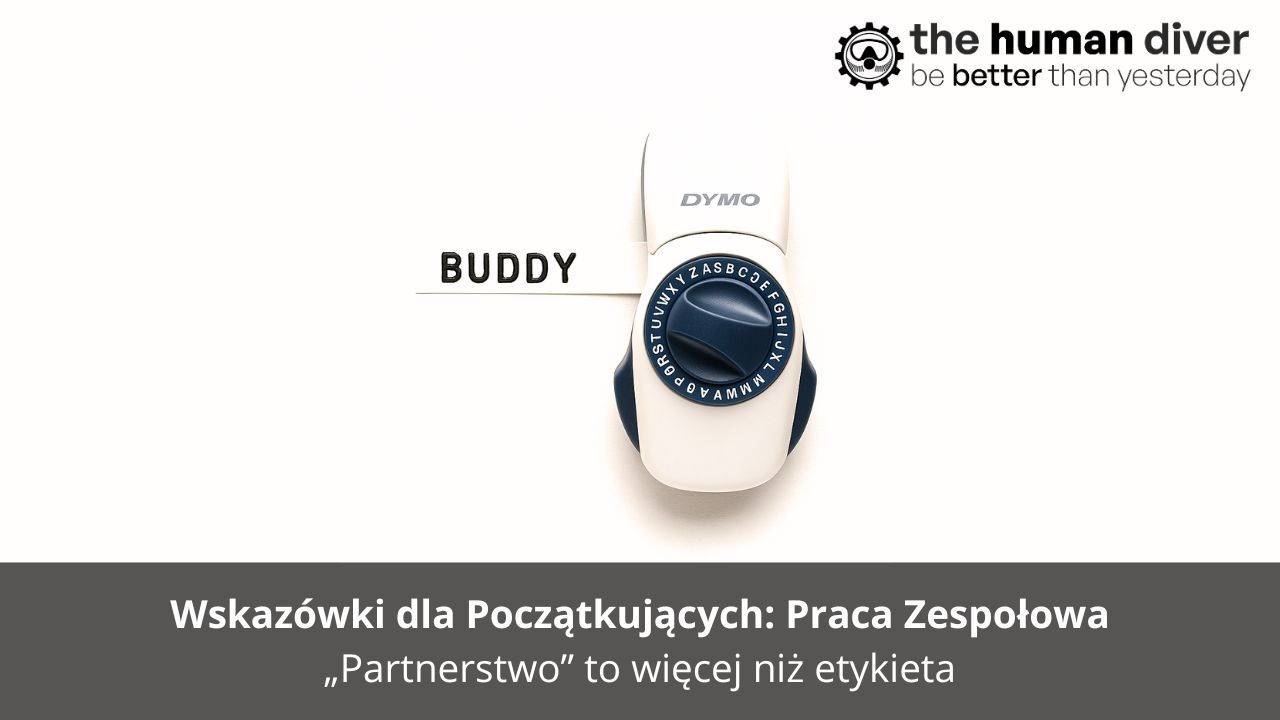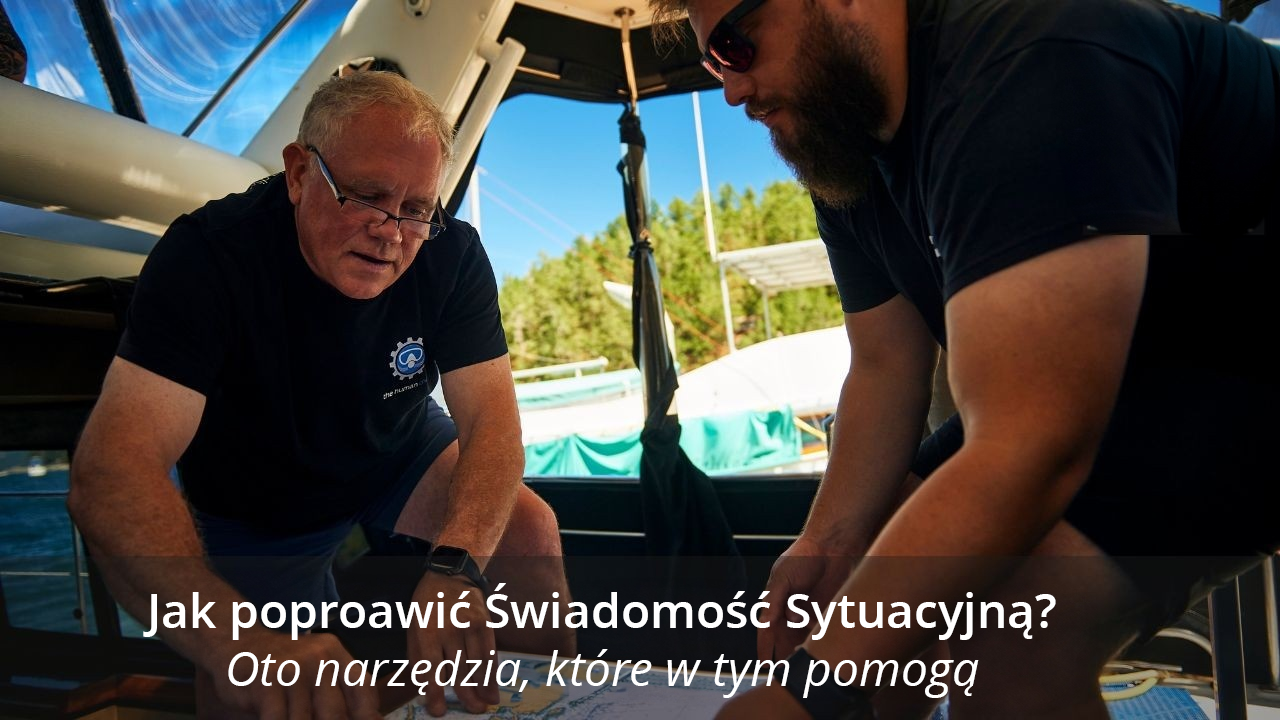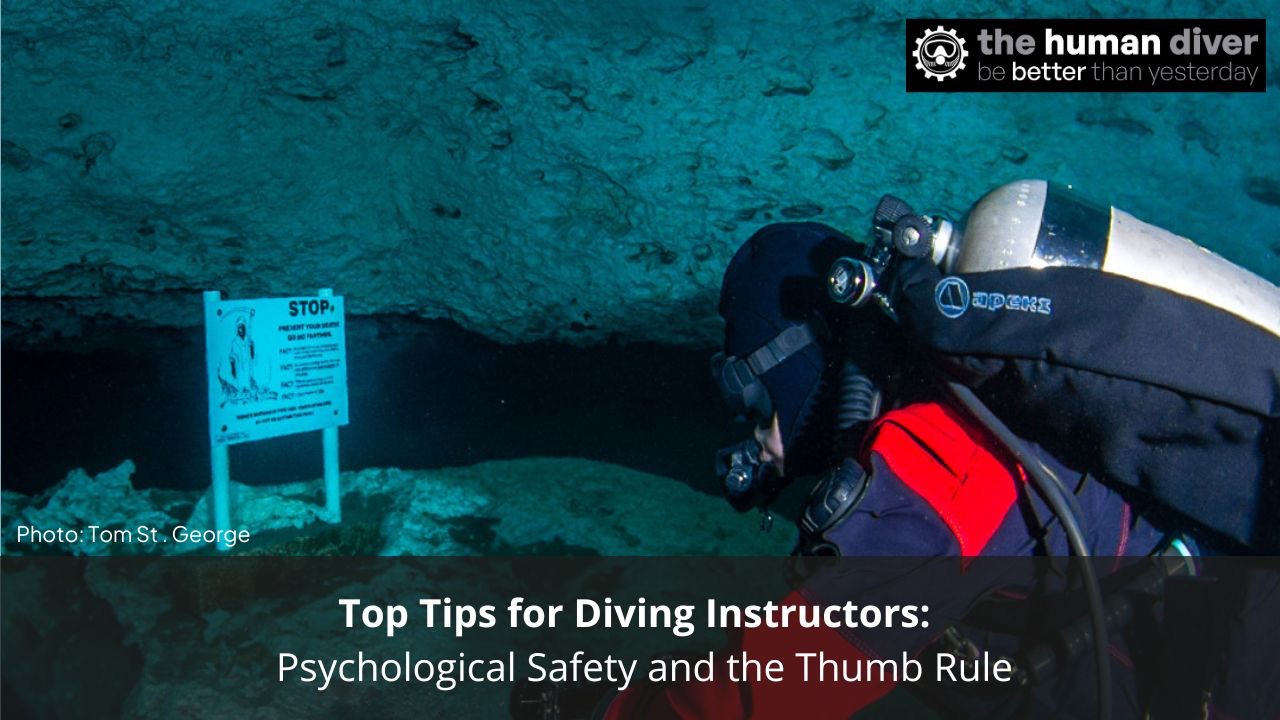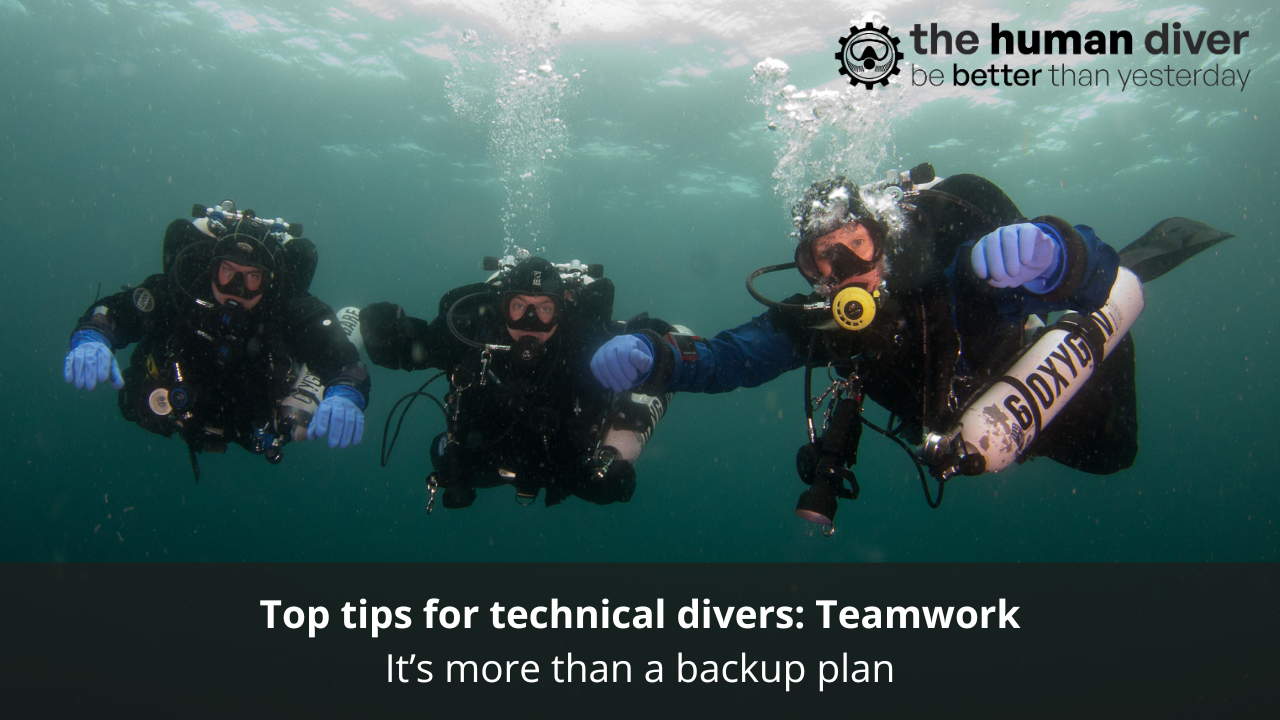
Top Tips for Technical/Cave Divers: Teamwork - It's more than a back up plan
Oct 14, 2025I still have a very vivid memory from a tech diving class I took, even though it was almost 3 years ago. There were 3 students on the class plus an instructor and the memory in question involved me doing an emergency drill. From the plan and brief I knew that the drill was going to happen and I knew what it involved. Despite this, I still made an error with executing the drill. Fortunately my team mate, Tom, was right there and quickly spotted my error and corrected it before it got worse. And it could have got much worse.
Tom was in the right place at the right time because our instructor had taught us how to work as a team underwater. This was Teamwork in action and it just might have saved my life.
When most divers hear the word “team,” they think of the buddy system taught in Open Water: Two divers, doing pre-dive checks, staying together underwater. Simple.
The step into technical diving changes everything: Greater depths, longer bottom times, multiple cylinders, staged decompression and often far more complex environments. The stakes are higher, the procedures are more rigorous, and the margin for error shrinks dramatically.
In the tech diving world, teamwork isn’t just a nice-to-have – it’s a survival strategy.
Yet, here’s the paradox: many technical divers pride themselves on being self-reliant. Redundancy in gear, drills for solo problem-solving, bailout plans – so much of tech training aligns with a “be independent" philosophy. Don't get me wrong, these are all good things to do but you need more than one point of failure and like it or not, you are a single point of failure. If you fail (and, at some stage, you are very likely to fail, just like I did), it could well be game over.
So how do you balance self-reliance with team reliance? That’s the question this blog tackles. The best tech teams aren’t just collections of skilled individuals – they’re cohesive units where communication, trust, and team situation awareness are as critical as gas planning and deco schedules.
1. Teamwork is a core skill, not an add-on
In recreational diving, teamwork sometimes feels optional, even though it shouldn't be. In tech diving, it’s not. A lost mask, a failed deco gas, a light failure in an overhead – these aren’t inconveniences. They can be catastrophic.
I'm sure you carry backups. But you don't know what you don't know and you can’t back yourself up on everything. At some point, you’ll need your team. And if the first time you truly depend on them is during a real emergency at 60m or deep in a wreck penetration, you’ve waited too long.
Teamwork has to be built into every part of the dive—from planning to debriefing.
2. Start on the surface: Planning as a team
Most tech dives that go wrong start going wrong before anyone even hits the water. Why? Because planning is rushed, individual, or incomplete.
A solid team doesn’t just share a dive plan – they build it together. That means:
-
Agreeing on the aims and objectives, turn pressures, and deco schedule.
-
Discussing contingencies: What if someone loses deco gas? What if the current picks up?
-
Assigning clear roles: Who’s leading navigation? Who sets the shot line? Who manages deco?
When everyone has ownership of the plan, everyone can execute it—and adapt it if things go sideways.
3. Team positioning: More than just proximity
“Stay close to your team” is easy to say but what does it mean? In tech diving, team positioning becomes much more relevant and takes thought to do properly.
In open water, it’s about being in a position where you can all maintain easy visual contact and be able to reach and help each other quickly to solve problems. In caves or wrecks, it’s about single-file vs. staggered formations, gas-sharing positioning, and line management. Regardless, it needs to be considered pre-dive.
Good teams practice formation discipline. They know:
-
Where each diver will be during descent, penetration or ascent.
-
How to adjust for limited visibility or strong flow.
-
How to maintain spacing that allows for quick assistance without entanglement risk.
Because when seconds count, being two metres too far – or even just in the wrong position – can be the difference between “handled it” and “incident report.”
4. Communication: Redundancy for humans too
You’ve got redundant gas, redundant lights and a spare mask. What about redundant communication?
In tech diving, hand signals alone aren’t always enough. Low vis, task loading, or simple stress can make them fail. That’s why elite teams build layers of communication:
-
Primary: Standardised hand signals.
-
Secondary: Light signals (and agreed-upon meanings).
-
Tertiary: Wet notes for complex changes (like revising a deco schedule mid-water).
The best teams also communicate before the dive about exactly what each signal means—because nothing causes chaos faster than mixed interpretations.
5. Manage ego and personality dynamics
This is the hard part. Technical divers are often experienced, confident, and… "opinionated". Put three of them together and you’ve got at least three “right” ways to do everything.
Ego kills teamwork. It makes divers ignore input, dismiss concerns, and take risks to prove a point. The antidote? Psychological safety (read more on this here).
Great teams create a culture where:
-
Questions are encouraged—without sarcasm or eye rolls.
-
Anyone can call the dive, no questions asked.
-
Feedback is delivered constructively, not competitively.
Underwater isn’t the time to discover you can’t trust your teammate to admit a mistake.
6. Practice emergency scenarios as a team
Tech training drills often focus on individual skills – shutdowns, regulator swaps, gas sharing. But real-world failures rarely happen in isolation. They cascade.
That’s why the best teams train for team-level failures, like:
-
Two divers losing deco gas – how do you solve the problem?
-
An incapacitated diver during the ascent – who handles buoyancy, who signals the boat, who monitors the clock?
-
Lost line in zero vis and all your lights 'fail'. How do you maintain contact and search effectively?
These aren’t “fun” scenarios. They’re stressful. But stressful experience in training = confidence in real world diving.
7. Debrief like pilots, not tourists
After most recreational dives, the debrief sounds like this:
“That was awesome! Did you see the turtle?”
After a tech dive, the debrief should sound like this:
“How was our team spacing during the penetration? Did everyone catch the light signal at 35 minutes? How can we improve gas-switch efficiency?”
Debriefs aren’t about nitpicking – they’re about making the next dive safer and smoother. Use of a structure to make sure everything gets covered can really help. What went well and why it went well, what needs improvement, and what you'll change to make that improvement.
Debriefing is a skill and skills take practise. Learn more about it here.
Why teamwork beats gear every time
Technical divers love shiny gear. No matter how many backups you carry, shiny gear can’t replace a solid team.Most fatal accidents in technical diving aren’t caused by a single catastrophic failure – they’re caused by a series of small breakdowns often involving planning, communication, and teamwork.
A great team reduces risk, increases capacity to handle problems, and makes every dive more enjoyable. It also keeps you humble – because no matter how skilled you are, you’ll never be stronger than a well-trained, cohesive team at your side.
Final thoughts
If you’re a technical diver, ask yourself:
-
Do I dive with a team—or just with people who happen to be in the water at the same time?
-
Do we plan together, or individually?
-
Do we practice emergencies as a unit—or assume everyone can “handle their own stuff”?
In technical diving, your team isn’t just backup. Your team is part of your life support.
None of us are as smart as all of us.
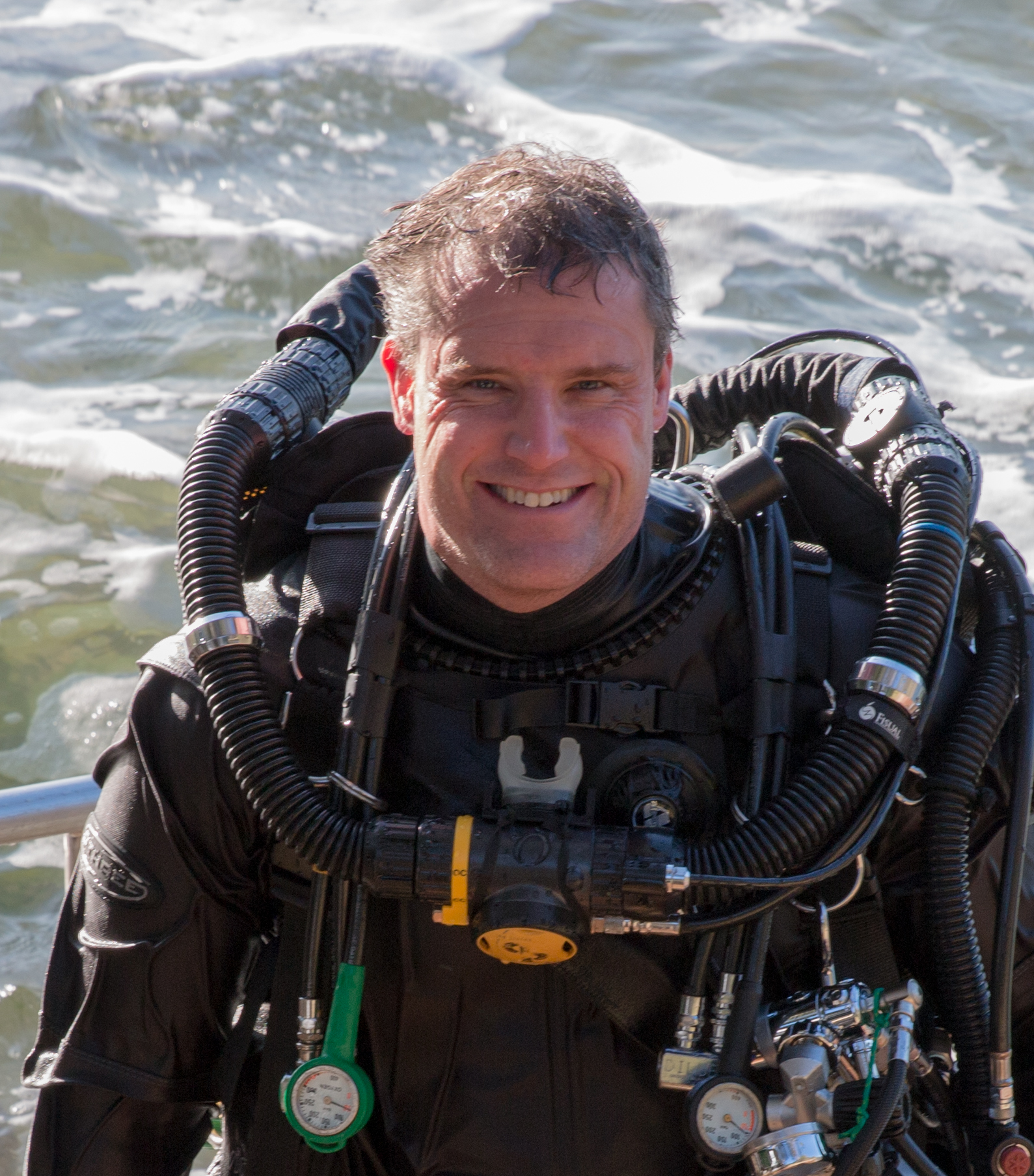
Mike Mason is part of the Human Diver Team. Our mission is to give you the skills and knowledge so that you can be better than you were yesterday. If you'd like to deepen your diving experience, check out the youtube channel and consider taking the online introduction course which will change your attitude towards diving and make it better and safer. Alternatively, visit the website or start your journey into Human Factors in Diving with this introduction blog .
Want to learn more about this article or have questions? Contact us.


